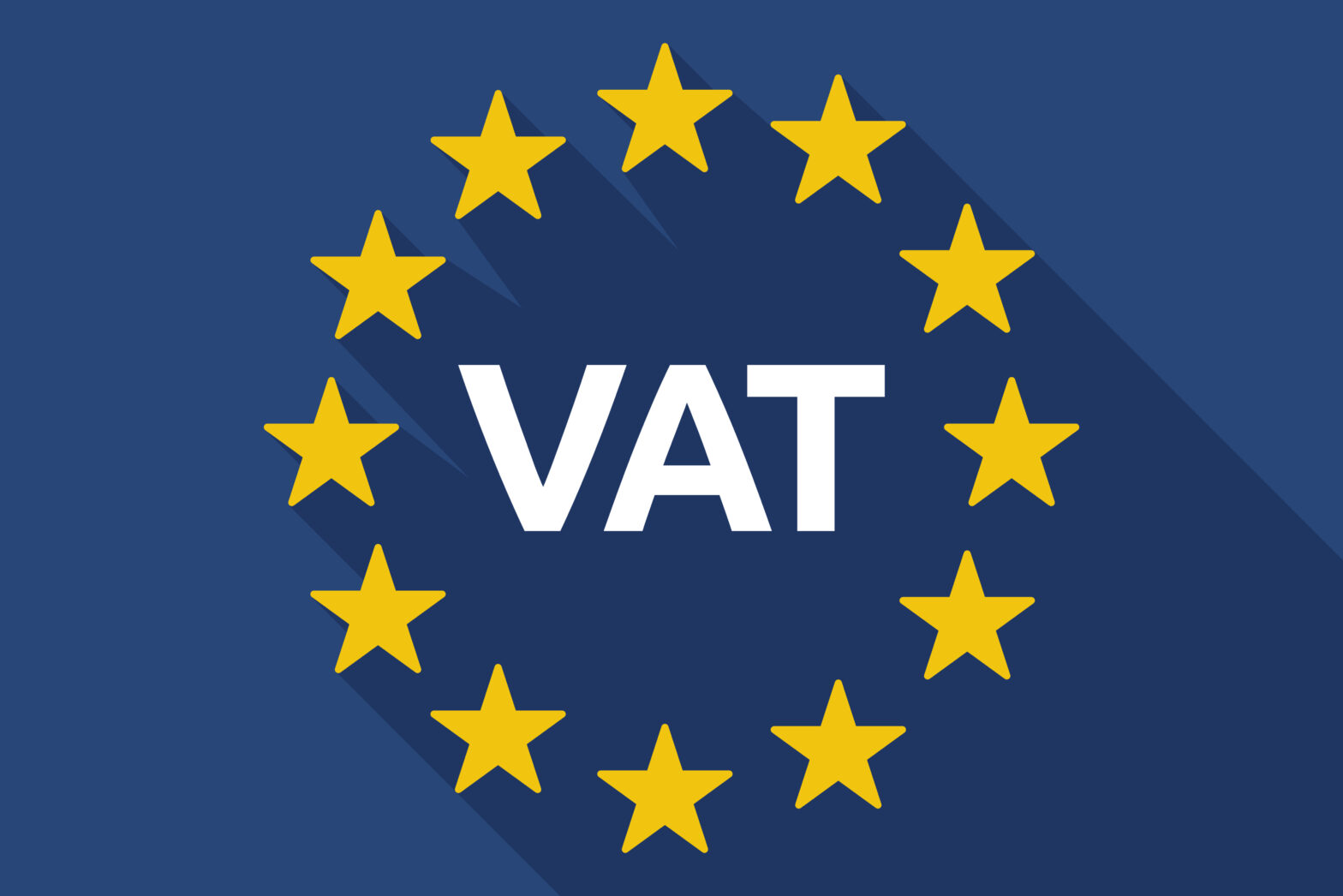In the age of the pandemic, online shopping significantly increased. Businesses small and established alike took to e-commerce and shipping overseas, with the advent of social distancing and the closure of non-essential shops. But, the new EU VAT regulation could cause challenges for these businesses.
On 1st July, the European Union made changes to the way VAT is reported and paid. While the UK is no longer a member of the EU, the changes could impact businesses selling products and services online to customers.
The change to EU VAT reporting, which is designed to simplify tax reporting, increase online cross-border transactions and promote e-commerce, should help small businesses new and old operate in a post-Brexit, post-pandemic world.
What changes have been implemented?
Since 2015, the EU has been working to simplify VAT obligations for goods and service providers. In short, the EU made to ensure each country was benefitting from the correct taxes on goods arriving from elsewhere. The changes have been implemented in stages, with the 1st July introduction concluding the process.
One of the main changes to take note of is that for sales to consumers, VAT is charged based on their country, not the country of the seller. Prior to the July rearrangement, this was not the case.
The EU is also expanding their one stop shop (OSS) simplifications, which allow businesses external to the EU to report all sales in a single VAT return. Perhaps the most important change for small businesses to note is that new OSS rules have removed VAT exemptions from SMEs and shipments under €22 (£19). Around 26,000 e-commerce sellers may want to consider registering for VAT in an EU member state if they complete more than 150 transactions a year. Alternatively, sellers can subcontract VAT compliance to sales platforms by listing on eBay or Amazon, or ask postal services to handle VAT.
Non-EU businesses can report the sale of goods where the value of each is less than €150, via the import one stop shop (IOSS). EU-based businesses will still need to report domestic sales using normal VAT returns. While these OSS and IOSS systems are optional, they can save on time and paperwork, so it’s worth getting familiar with them.
In addition, the EU has removed distance selling thresholds, meaning sellers must know the VAT rates for the country their customer’s country and apply the right VAT to the invoice.
>Read also: Basics of small business accounting: tips and tools for beginners
How can accounting software help?
Many accounting software systems ensure they are HMRC compliant. To do so, they automatically update with new regulations. This can make it easier for small businesses, without the time or manpower to ensure granular compliance, to get to grips with changes. Instead of constantly having to take time out of business development to check compliance and manually update systems, plenty of the best accounting software programs will do this automatically.
The shifting legislative landscape, which with Brexit and the pandemic has caused a constant headache for many small businesses, can be tackled. This is even more important at a time when e-commerce is thriving and small businesses cropping up in unprecedented numbers.
It’s worth spending some time shopping around for an appropriate and applicable accounting software. As your business grows, VAT rates change. You won’t regret finding a scalable system that can accommodate and match business growth now and in the future.
Check out some of the best accounting software for UK small businesses, below:
This article is part of a paid-for information campaign for MVF





